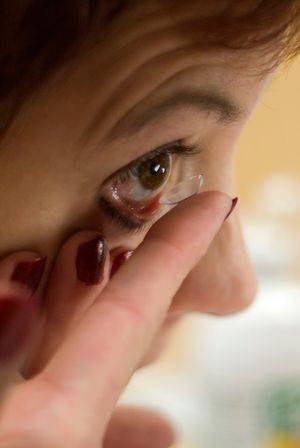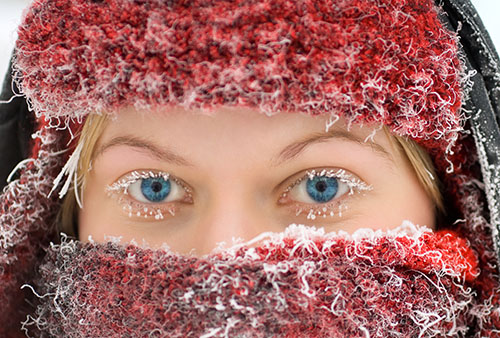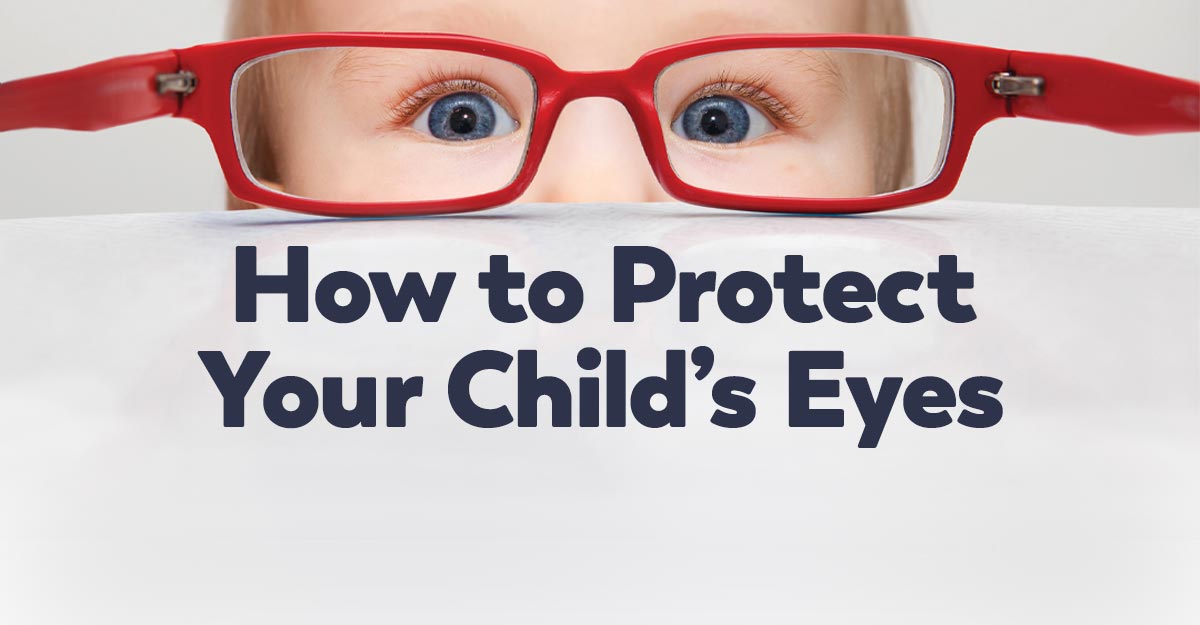Patients ask me every day if they can sleep in their contacts.
I find this to be an interesting question. Nobody “sees” while they are asleep, so why would you need to wear your contacts while sleeping? There are only two reasons why patients wish to sleep in their contacts. For safety and laziness.
Some patients are so “blind” without glasses or contacts that they are defenseless and helpless once they open their eyes. The world they see is just a smear without corrective lenses. Nobody wants to feel helpless especially if someone is breaking into your home, or the house is on fire. Although these are rare events, they nonetheless are real events that are considerably worse if you cannot instantly see when you open your eyes.
Laziness is just human nature. It takes effort and time to clean contacts and when you do this day after day, it becomes easy to want to skip the hassle of this routine maintenance. Fortunately, contact lenses have come a long way and there are several brands of contacts that have been approved by the FDA for overnight wear. Some can be slept in for a week and there are some that can be slept in for a month.
This puts me, the optometrist, in a weird situation. I want to give patients what they want for convenience and safety, but I also want what is healthiest for the patient. The problem with overnight or extended wear contacts is that there is a greater risk of eye infection with this method of wear. Most people don’t take eye infections seriously because they are self-limiting, but there are two microscopic bugs out there called Acanthamoeba and Pseudomonas that can eat through your eye and cause blindness within 24 hours. These two critters can get stuck under your contacts and if your eyelid does not wipe them away, they can eat your eye, literally. These microscopic organisms can be found in hot tubs, swimming pools, showers, and bodies of unsterile water. If you wash your face with water containing these bugs, they can get under your contact lenses. Remember they are microscopic.
So why are overnight contacts approved by the FDA? It has to do with safety. If you wear the contacts as directed and avoid contaminating your eyes, the risk of serious infection is small. My concern is the risk is not zero. It is hard to go through life with zero risk, and one can argue that the risk of not sleeping in contacts also carries risk if a house is on fire.
What is important to take home about sleeping in your contacts is very simple. If you are going to sleep in your contacts, make sure they are approved for overnight wear. Don’t sleep in them longer than they are approved for wear. If you can, try to take them out periodically to allow your eyelids a chance to do their job. Avoid getting water which is unsterile in your eyes.
Finally, and most importantly, if your eye becomes red and you have been wearing contacts, please do not assume you just have an irritation and simply wait a couple of days. Get to your eye doctor immediately to make sure you do not have Acanthamoeba or Pseudomonas. Only an eye doctor can tell you if you have either of these sight-threatening infections by looking at your eye through a microscope.
If you would like to see a news report on this, please click this link: https://youtu.be/E5I0OLzD2Cc






